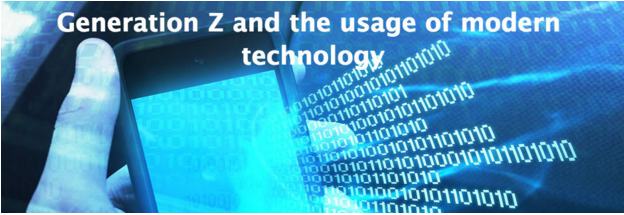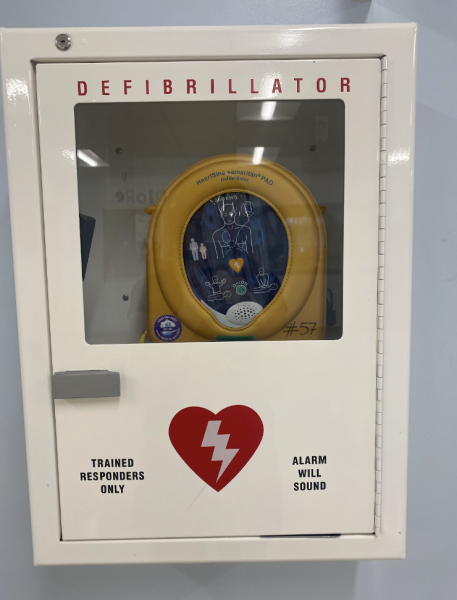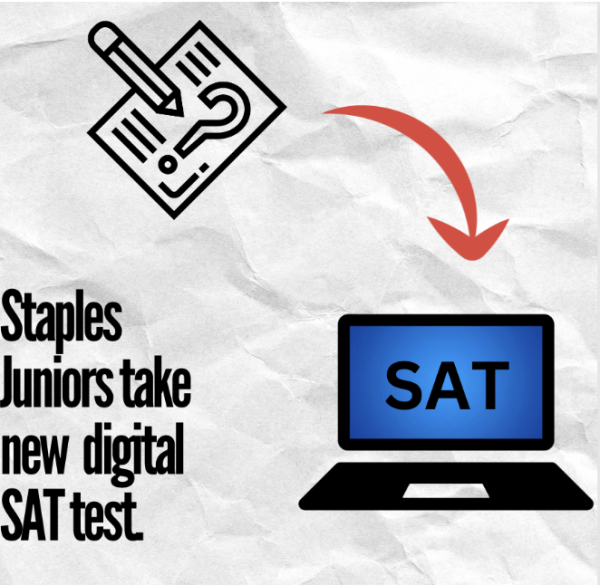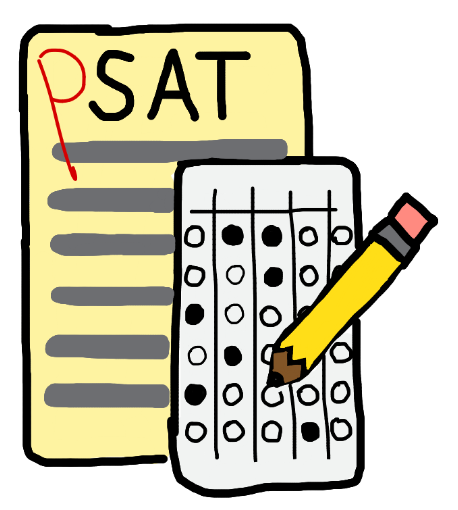Generation Z and the usage of modern technology
It’s 2016, and this generation is labeled as technology obsessed. Kindergarteners are learning the proper way to type on a keyboard, teenagers are glued to their iPhones in restaurants and toddlers are granted iPads on their fourth birthdays.
Parents and psychologists have mixed reactions to the amount of screen time children are being exposed to. Arguments against the early exposure to technology state that screens at a young age can affect a child’s social skills and their ability to formulate their own thoughts. However, counter arguments suggest that the blame should be pointed on society, not technology itself.
According to the New York Times, “If kids are allowed to play ‘Candy Crush’ on the way to school, the car ride will be quiet, but that’s not what kids need. They need time to daydream, deal with anxieties, process their thoughts and share them with parents, who can provide reassurance.”
Jack Norman ’17 reflected on the times he has babysat and whether or not technology has impacted the kids. “It totally depends on the parents,” Norman said. “Like there are some parents who ask if I’ll take the kids to go swimming or go to the park and then there are others who suggest we watch a movie and have pizza.”
Similarly, an article published in The Guardian stated the mental effects an immoderate use of technology has on children. “The US Diagnostic and Statistical Manual of Mental Disorders, published by the American Psychiatric Association, is set to classify Internet Use Disorder (IUD) as an area worthy of further study.”
The internet started booming in the early 2000s, and this was the generation most current Staples students grew up in. This granted Staples teenagers with the privilege of being gifted with the most up to date model of the iPad, iPhone or Macbook Pro.
In addition, Ulyana Piterbarg ’17 believes screen time can become an obsession but for different reasons. “New mediums come along that provide outlets for creativity and expression, creating a novel sphere of culture that the young are instantly pulled into,” Piterbarg said. “The combination is addictive in how much and how thoroughly it stimulates the brain.”
Nonetheless, there are many adults and educators who believe technology provides more communication among children and provides more educational programs.
According to the Education website, “Computers offer a unique environment that might encourage children who typically do not interact with others to do so.”
Staples has also recognized the educational benefits of technology, implementing the “Bring Your Own Device” policy just last year. This policy requires students to provide their own device during the school day, allowing students to access online science labs, shared google documents and educational videos on their own.
While Colette Lippman ’17 previously identified herself with artistic abilities in both painting and creative writing, this year she’s ready to take...





















































